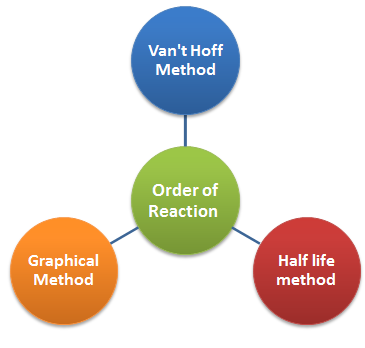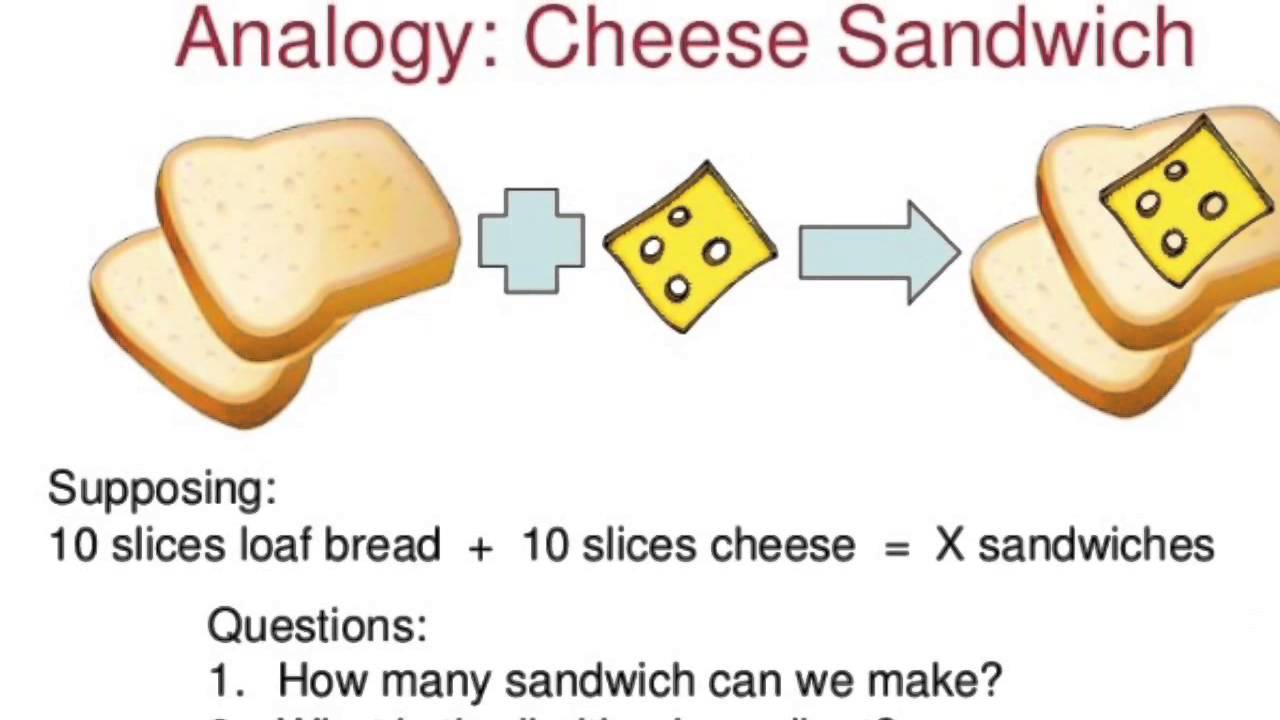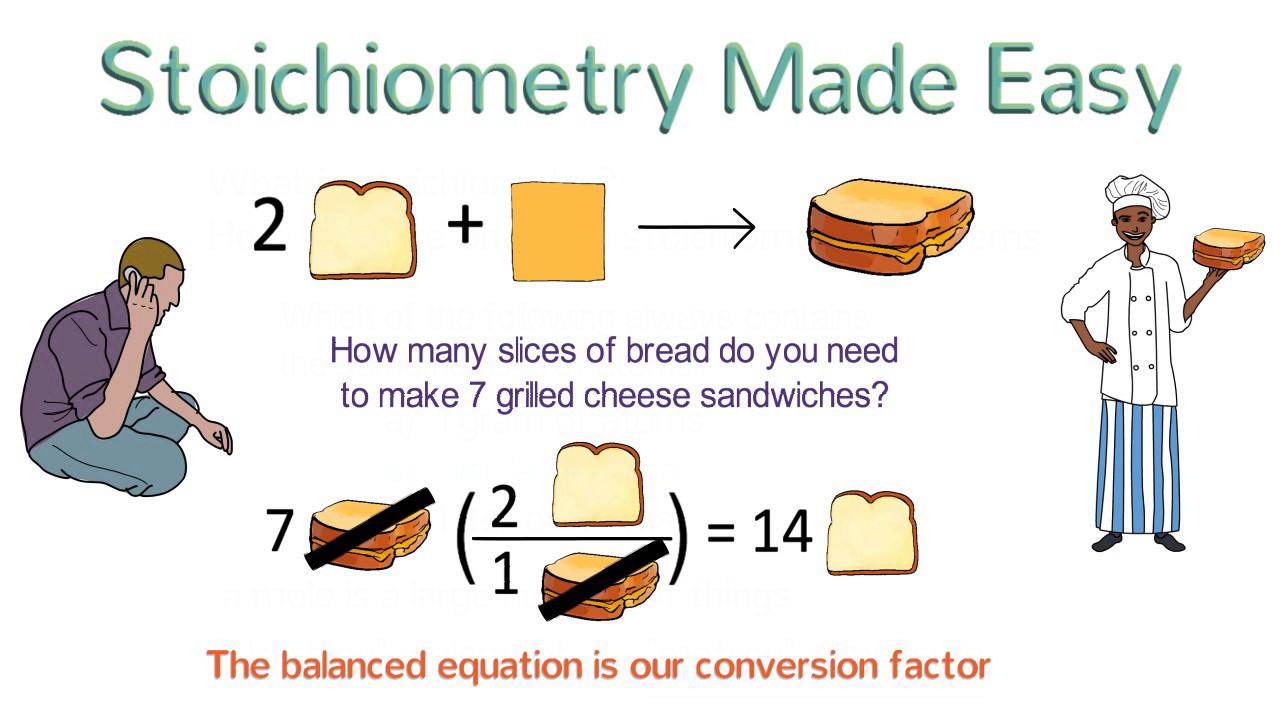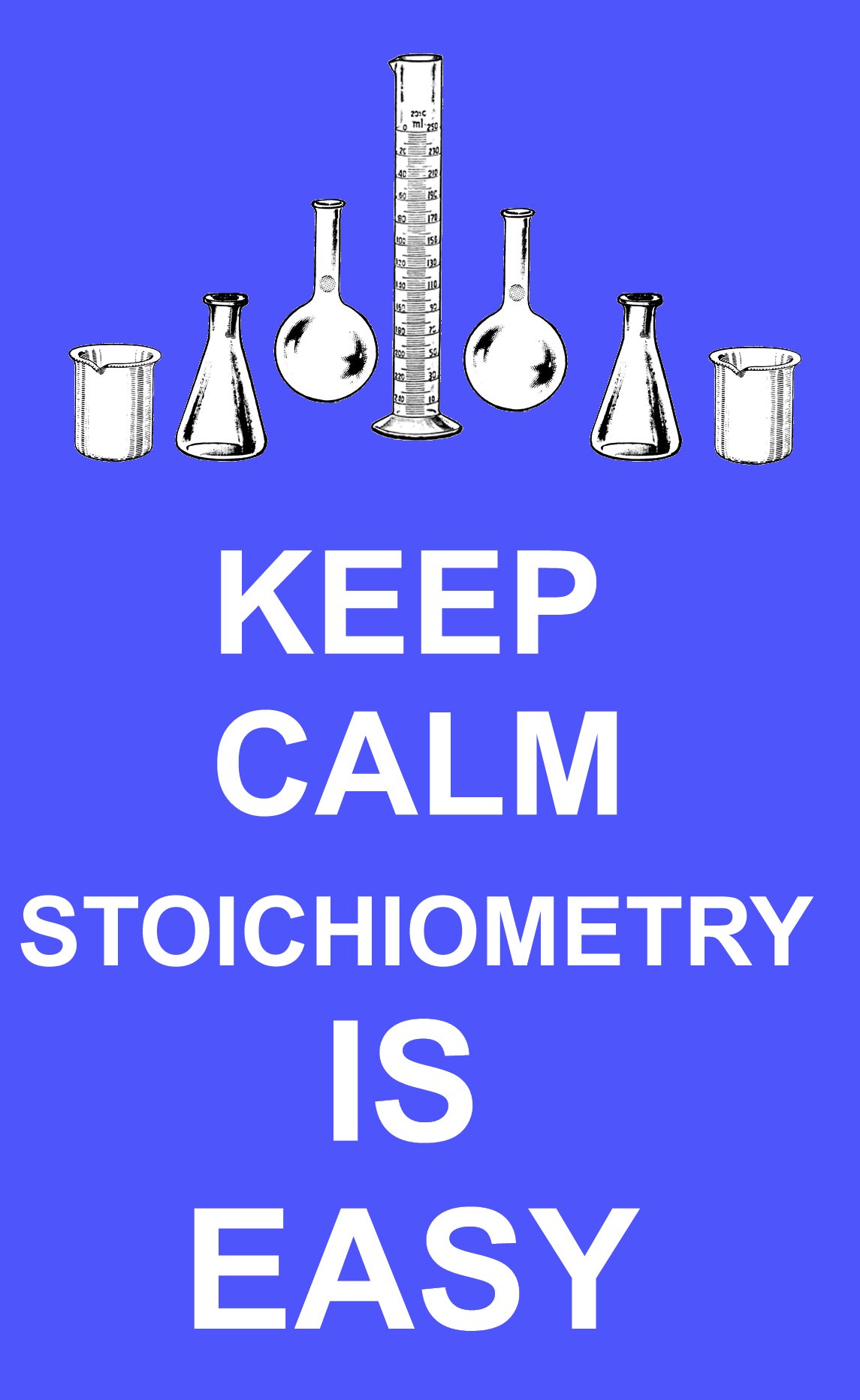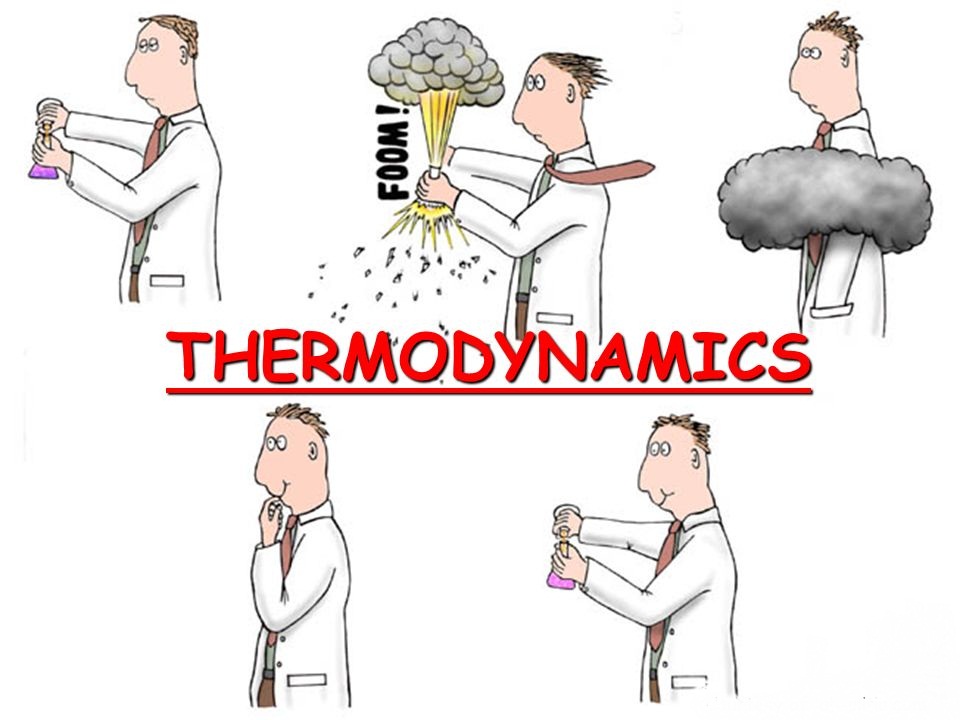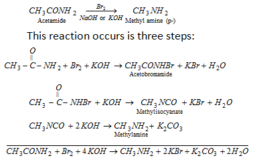Zero order reaction

source : askIITians
Zero order reaction-
Reactions in which the concentrations of the reactants do not change with time and the reaction rate remains constant throughout .Those reactions are zero order reactions.
Ex.1) Photochemical reaction between hydrogen and chlorine-
H2 + Cl2 ——-> 2 HCl
Rate = K [H2]0 [Cl2]0 = K
Ex.2 ) Decomposition of ammonia in presence of Mo or W-
2 NH3 ———-> N2 + 3H2
Rate = K [NH3]0 = K
Ex.3) Decomposition of N2O on hot Pt-
N2O————> N2 + 1/2 O2
Rate = K [N2O]0 = K
Consider the reaction,
A——–> B
initial conc. a 0
For zero order reaction,
Rate = dx / dt = K[A]n
n = 0
Rate = dx / dt = K[A]0 = K
dx = K.dt
Taking integration of both sides,
∫ dx = K ∫ dt
x = Kt + C ———-eq. 1
C is integration constant
If t= 0 , x=0 then C = 0
Now putting the value of ‘C’ in eq. 1
x = Kt +0
x = Kt
Characteristics of zero order reaction-
1) The concentration of the product increases linearly with time. A straight line passing through origin is obtained when ‘x’ is
plotted against ‘t’ (time).
2) The unit of rate constant ‘K’ is mole litre-1 time-1.
3) The time required for the reaction to be complete i-e time at which [A] is zero.
t = initial conc. / K
